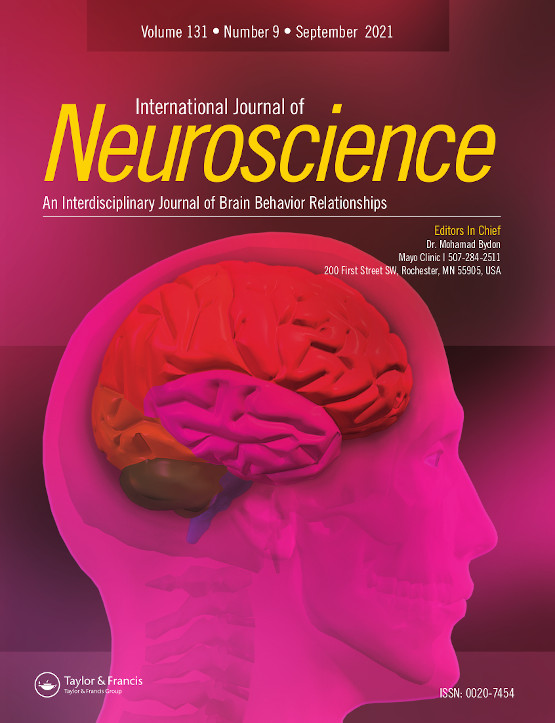Posterior reversible encephalopathy syndrome during convalescence from COVID-19
Dra. Anaclara Michel-Chávez a, Dr. Miguel García-Grimshaw a, Dr. Oswaldo Alan Chávez-Martínez a, Dr. Carlos Cantú-Brito a, Dra. Griselda Teresa Romero-Sánchez b, Dr. Fernando Daniel Flores-Silva a, Dr. Francisco Javier Merayo-Chalico c, Dr. Francisco Manuel Martínez-Carrillo d, Dra. Ana Barrera-Vargas c and Dr. Sergio Iván Valdés-Ferrer a,e..
a Department of Neurology and Psychiatry, Instituto Nacional de Ciencias Médicas y Nutrición Salvador Zubirán, México City, México;
b Department of Neuroradiology, Instituto Nacional de Ciencias Médicas y Nutrición Salvador Zubirán, México City, México;
c Department of Immunology and Rheumatology, Instituto Nacional de Ciencias Médicas y Nutrición Salvador Zubirán, México City, México
d Neurologic Center, Centro Médico ABC, México City, México
e Feinstein Institute for Medical Research, Center for Biomedical Science, Manhasset, NY, USA
Originally Published / august 19, 2021 / https://doi.org/10.1080/00207454.2021.1966629
Case presentation
61-year-old woman with severe (COVID-19) confirmed by nasopharyngeal real-time reverse transcription-polymerase chain reaction (RT-PCR) for severe acute respiratory syndrome coronavirus 2 (SARS-CoV-2) required invasive mechanical ventilation 24-hours after admission. During her intensive care unit stay, she developed transient acute kidney injury and septic shock. She was extubated after 22 days. On day 25, she developed generalized tonic-clonic seizures. Magnetic resonance imaging (MRI) of the brain showed bilateral subcortical lesions on the parietal and occipital lobes and multiple micro-and macro-bleeds, consistent with PRES. At this point, RT-PCR for SARS-CoV-2 in a respiratory specimen and cerebrospinal fluid was negative. She was discharged home 35 days after admission on oral levetiracetam. Control MRI five months after discharge showed bilateral focal gliosis. On follow-up, she remains seizure-free on levetiracetam.
Methods
We analyzed demographical data, the timing between SLE diagnosis and stroke onset, stroke type, recurrence, and outcomes from an institutional database of 4451 patients with SLE followed from 1993 to 2018.
Conclusions
PRES has been observed before as a neurological manifestation of acute COVID-19; to our knowledge, this is the first PRES case occurring in a hospitalized patient already recovered from COVID-19. A persistent proinflammatory/prothrombotic state triggered by SARS-CoV-2 infection may lead to long-standing endothelial dysfunction, resulting in delayed PRES in patients recovering from COVID-19. With a rapid and exponential increase in survivors of acute COVID-19, clinicians should be aware of delayed (post-acute) neurological damage, including PRES.




